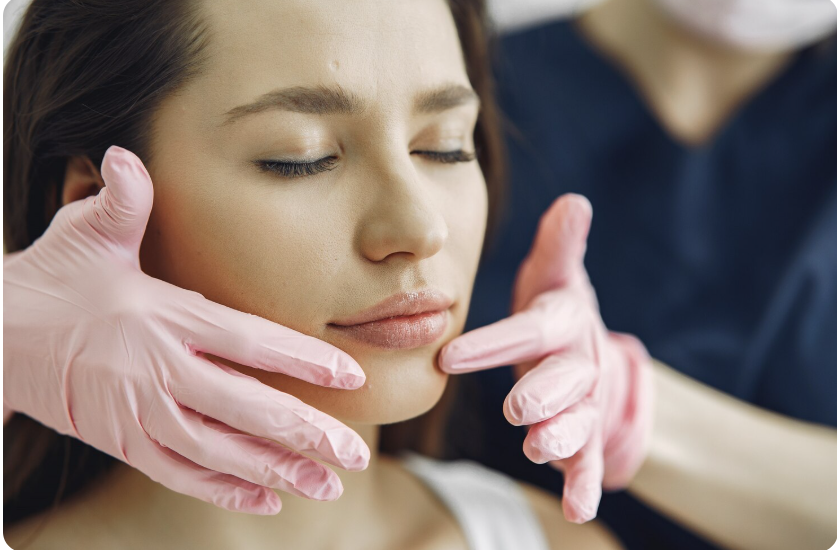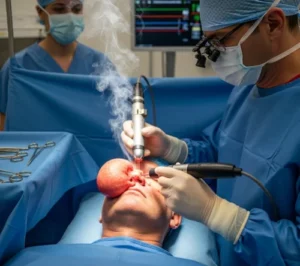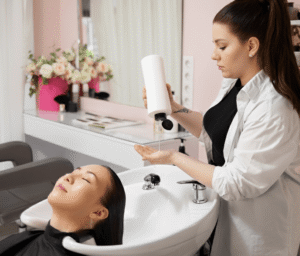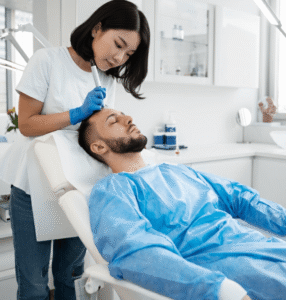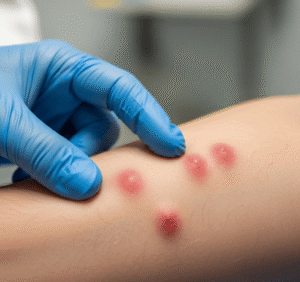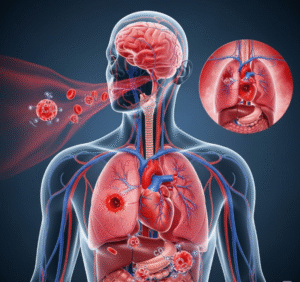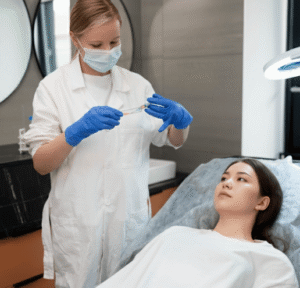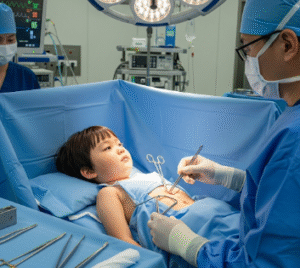What It Is
Buccal fat removal, also known as buccal lipectomy, is a cosmetic surgical procedure that reduces the size of the buccal fat pads in the cheeks. These fat pads contribute to facial roundness, and removing them creates a slimmer, more contoured look. In Korea, the procedure is highly sought after by patients seeking a V-line facial shape, which emphasizes a defined jawline and elegant facial proportions.
Why It’s Done
Patients choose buccal fat removal to:
- Slim down chubby or “baby face” cheeks
- Enhance facial definition and bone structure
- Achieve the popular V-line aesthetic common in Korean beauty standards
- Complement other facial contouring surgeries, such as jaw reduction, chin augmentation, or facelifts
It is often performed in young adults with excess cheek fullness that is not reduced by diet or exercise.
Alternatives
Non-surgical and surgical alternatives include:
- Facial liposuction for removing excess fat in the cheeks or jawline
- Ultrasound-based tightening treatments (Ultherapy, HIFU) to slim and lift the face
- Botox injections in the masseter muscles to reduce jawline bulk
- Weight loss may reduce overall facial fat, but not necessarily buccal fat
However, buccal fat removal provides permanent results that cannot be achieved through non-surgical methods alone.
Preparation
Before surgery in Korea, patients usually:
- Consult with a plastic surgeon to assess cheek fullness and facial structure
- Undergo physical exams and digital imaging to preview results
- Avoid smoking, alcohol, and blood-thinning medications for 2–4 weeks prior
- Receive instructions on fasting if general anesthesia is planned (though local anesthesia is common)
How It’s Done
Buccal fat removal is typically performed under local anesthesia with sedation and involves:
- Small incisions inside the mouth, leaving no visible scars.
- Gentle access to the buccal fat pad through the inner cheek lining.
- Partial removal of the fat pad, customized to maintain natural balance.
- Closure with dissolvable sutures.
The procedure usually takes 30–60 minutes, and patients can return home the same day.
Recovery
- Mild swelling and discomfort for the first 1–2 weeks.
- Patients follow a soft diet and maintain strict oral hygiene to prevent infection.
- Most return to normal activities within 3–5 days.
- Final results become noticeable after 2–3 months once swelling subsides.
Possible Complications
While safe, risks include:
- Infection or delayed healing inside the mouth
- Excessive removal causing a hollowed appearance
- Asymmetry between cheeks
- Temporary numbness or damage to nearby structures
Treatment Options in Korea
Diagnosis
Korean surgeons use:
- Physical examination and facial analysis to assess cheek fullness
- 3D imaging and digital simulations for treatment planning
- Evaluation of whether buccal fat removal should be combined with other facial contouring procedures
Medical Treatments
Non-surgical treatments in Korea include:
- HIFU (High-Intensity Focused Ultrasound) for skin tightening and contouring
- Botox injections in the jaw muscles for a slimmer lower face
- Radiofrequency-based fat reduction treatments
These are suitable for patients with mild fullness but do not remove buccal fat permanently.
Surgical or Advanced Therapies
Korea offers advanced surgical approaches such as:
- Minimally invasive buccal fat removal with hidden incisions inside the mouth
- Combination contouring surgeries (V-line surgery, chin augmentation, or facelifts)
- Precision fat sculpting that preserves natural volume while enhancing definition
Rehabilitation and Support
Korean clinics provide:
- Detailed aftercare instructions for oral hygiene and diet
- Regular follow-up visits to monitor healing and symmetry
- Swelling management therapies such as LED light treatment or lymphatic massage
- International patient support services with translation and recovery assistance
Advantages of Buccal Fat Removal in Korea
- Expert surgeons skilled in facial contouring and harmony
- Cutting-edge surgical techniques ensuring natural results and minimal scarring
- Affordable and competitive pricing compared to Western countries
- Comprehensive aesthetic planning with 3D simulations
- High patient satisfaction due to precise, balanced outcomes

